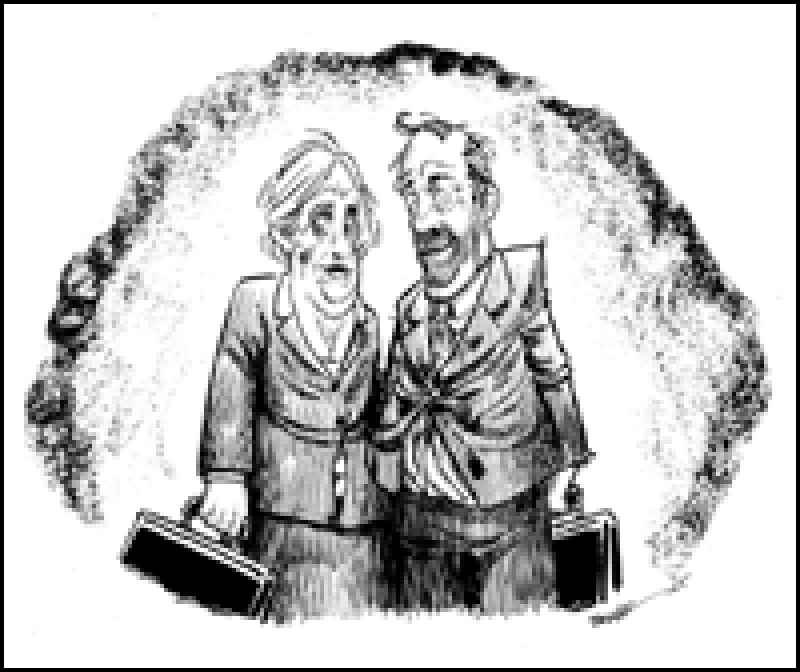
The glamour of being a primary dealer--historically a prestigious designation in the bond market-- is waning as growing direct bids in Treasury auctions chip away at the dealership's competitive advantage. The growth of direct bids, which accounted for 25% of the recent $22 billion two-year auction, detracts from the dealers' sense of flows. And it is leading some primary dealers to complain about increasing transparency in the market as a whole and even speculate they will take down fewer Treasuries through auctions.
The heyday of primary dealerships occurred after the Federal Reserve Bank of New York established the system in 1960, with the number of participants ballooning from 18 firms to 46. It has gradually fallen to 22 due to consolidation. Countrywide Securities, the most recent addition, was added last January. The designation requires a firm to participate in all Federal Reserve open market operations and Treasury auctions, as well as provide the Fed with market information and analysis. It is seen as prestigious because it shows the firms have sufficient size, credit quality and commitment to the market to be counterparties to the Fed. In addition, the Treasury regularly solicits the dealerships' opinions on market issues.
Gerald Lucas, chief Treasury and agency strategist at Banc of America Securities, said direct bidding could have a long-term impact on funding efficiency. "Given the lack of information [primary dealers] have for customer demand, dealers may not bid as aggressively and the Treasury may not get the best price for their securities," he said.
"I don't like the direct bidding because people who can bid directly don't have the same responsibilities," complained one head trader at a New York-based primary dealer. With direct bids growing, primary dealers don't have the exclusive access to investor demand they used to, yet still have to take on substantial risk through participating in auctions.
Of course, several primary dealers who grouse about the growth of direct bids declined to comment publicly. At the same time, they said they have no plans to leave the group and others dismissed the complaints as mere grumblings. "Many institutions will not deal with you if you're not a primary dealer," said John Roberts, managing director at Barclays Capital, a representative of the firm's primary dealership. He said he did not see the system changing anytime soon. "Within the primary dealership you have the liquid heart beat of rates trading in the U.S.," he said.







